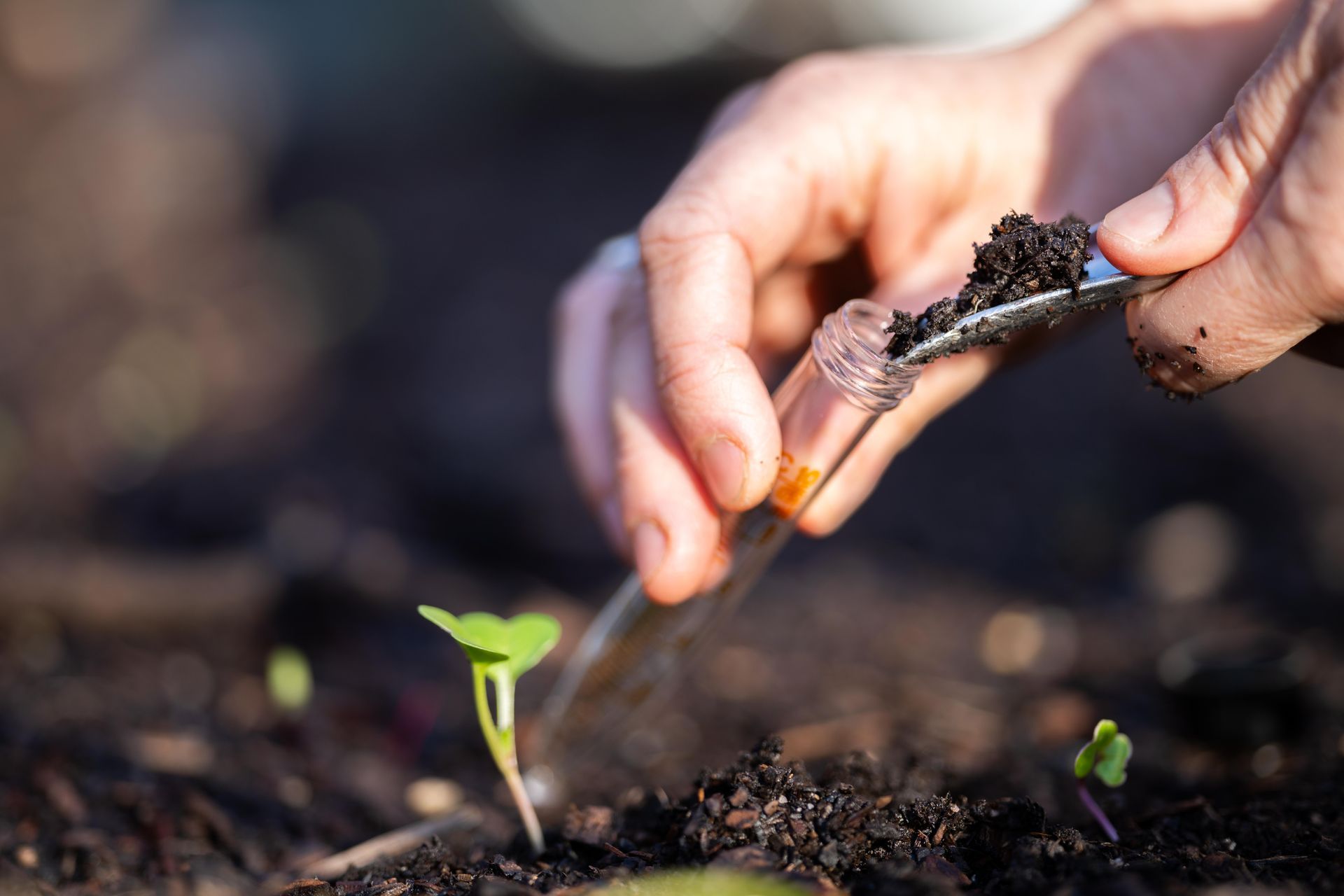Soil pH and Its Impact on Plant Growth

Soil pH plays a crucial role in determining the health and productivity of plants. The pH level of soil affects various aspects of plant growth, including nutrient availability, microbial activity, and root development. Understanding the significance of soil pH and its impact on plants is essential for successful gardening, farming, and ecosystem management.
What is Soil pH?
Soil pH is a measure of the acidity or alkalinity of soil, determined by the concentration of hydrogen ions present in the soil solution. The pH scale ranges from 0 to 14, with 7 being neutral. Values below 7 indicate acidic soil, while values above 7 indicate alkaline soil. Most plants prefer a slightly acidic to neutral pH range of 6 to 7.5 for optimal growth.
Impact of Soil pH on Plant Nutrient Availability
Soil pH directly influences the availability of essential nutrients to plants. Nutrients such as phosphorus, potassium, calcium, and magnesium are most accessible to plants when the soil pH is within the optimal range. In acidic soils, aluminum and manganese toxicity may occur, inhibiting root growth and nutrient uptake. Conversely, in alkaline soils, deficiencies in micronutrients like iron, zinc, and manganese may arise due to reduced solubility.
Effect on Microbial Activity
Soil pH significantly impacts microbial communities crucial for nutrient cycling and plant health. Acidic soils tend to harbor more fungi, while alkaline soils favor bacterial populations. These microorganisms play vital roles in decomposing organic matter, fixing nitrogen, and enhancing soil structure. Imbalances in soil pH can disrupt microbial activity, leading to nutrient deficiencies and decreased soil fertility.
Influence on Root Development
Root growth and development are intricately linked to soil pH. Acidic soils with low pH levels may inhibit root elongation and branching, limiting water and nutrient uptake. In contrast, alkaline soils can impede root expansion due to poor aeration and nutrient availability. Maintaining an optimal pH level promotes healthy root development, enabling plants to establish strong root systems for efficient nutrient absorption and drought resistance.
Managing Soil pH for Plant Health
To optimize soil pH for plant growth, various management strategies can be employed. Soil amendments such as lime are commonly used to raise pH in acidic soils, while sulfur or acidic fertilizers can lower pH in alkaline soils. Regular soil testing is essential to monitor pH levels and adjust accordingly. Additionally, selecting plant species adapted to specific soil pH conditions can enhance overall garden or farm productivity.
Soil pH profoundly influences plant growth and productivity by affecting nutrient availability, microbial activity, and root development. Understanding the dynamics of soil pH and implementing appropriate management practices are essential for fostering healthy plants and sustainable ecosystems. By maintaining optimal soil pH levels, gardeners, farmers, and land managers can maximize yields, conserve resources, and promote environmental stewardship.











